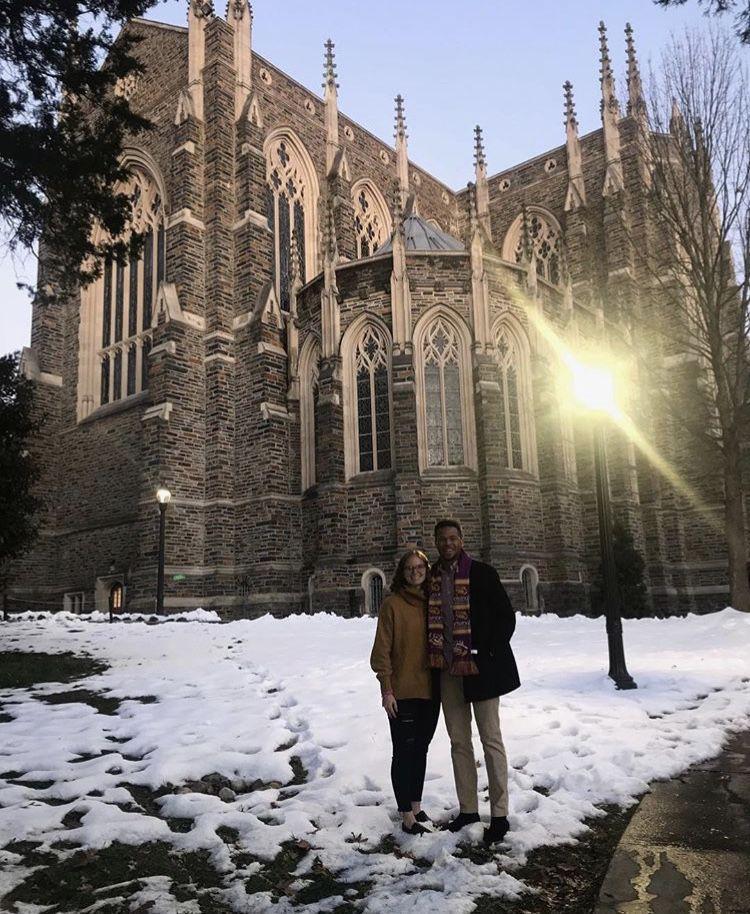LSU Student Government is partnering with LSU Libraries to implement a Textbook Lending Program at the University in which single copies of 15 textbooks will be available for students to check out and scan passages from.
Political science sophomore Miranda Campbell toured the libraries at Duke University and North Carolina State University in December with former SG president Stewart Lockett and Director of Development at LSU Libraries Virginia Archer. That’s where they found out that those universities had successful textbook lending programs. Campbell said NC State has every textbook for every course included in its program, whereas Duke’s program only includes textbooks for its top 100 enrolled classes.
“That’s kind of where we got the idea of looking at enrollment count, rather than just picking random classes,” Campbell said.
Campbell said 14 of the textbooks that will be part of LSU’s program are for classes with high-enrollment counts, including accounting and management classes, among others. Student Senate passed a finance bill on April 3 to allocate $3,436.95 from the SG surplus account to fund the purchase of the books. The money from the account came from student fees.
Campbell said one copy of an additional textbook for an entry-level art class has been pledged by the University’s College of Art and Design. She said the College of Human Sciences and Education has pledged $1,500, and she will work with the college over the summer to see which textbooks it wants to provide.
Archer wrote in an email that, starting in the fall, the textbooks will be available for checkout for up to three hours through Access Services on the second floor of Middleton Library. Students will be able to use two scanners to convert portions of the books into PDFs. One scanner will be located at Access Services, and the other will be in room 141 of the library. Students can scan the books an unlimited number of times.
“The scanners are limited in how much you can scan,” Campbell said. “I think it’s a maximum of roughly one hundred pages, so you’re never going to be able to scan the whole textbook.”
This is because of copyright law restrictions, and Archer said students need to follow relevant copyright laws, which will be posted near the scanners.
Campbell said it’s important that students know about the program and utilize it, especially since students are not always aware of SG initiatives.
“We want to go into those classrooms and actually advertise that this is available,” Campbell said.
Campbell said she plans to ask more professors which textbooks are required for their classes so more students can have free access to necessary books.
“It’s mainly targeted at people who cannot afford this stuff otherwise,” Campbell said.
Expansion of the program to future years is dependent on funding received by LSU Libraries.
“We, SG, have funded the pilot program but, at this time, there’s not an expansion plan using our money,” Campbell said. “The idea is that we can demonstrate to the library [that] this is a successful, popular program and then have them take it over.”
Archer wrote that if the University increases LSU Libraries’ acquisitions budget, or if private funding becomes available, it will continue the SG-sponsored program after the 2019 through 2020 school year.








